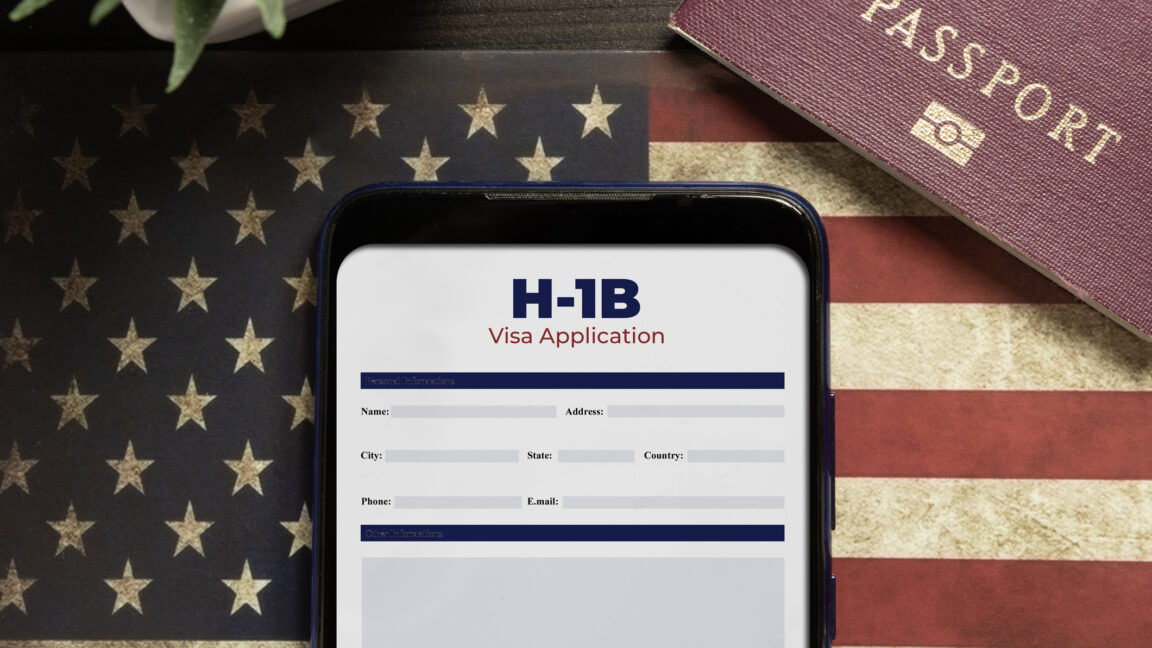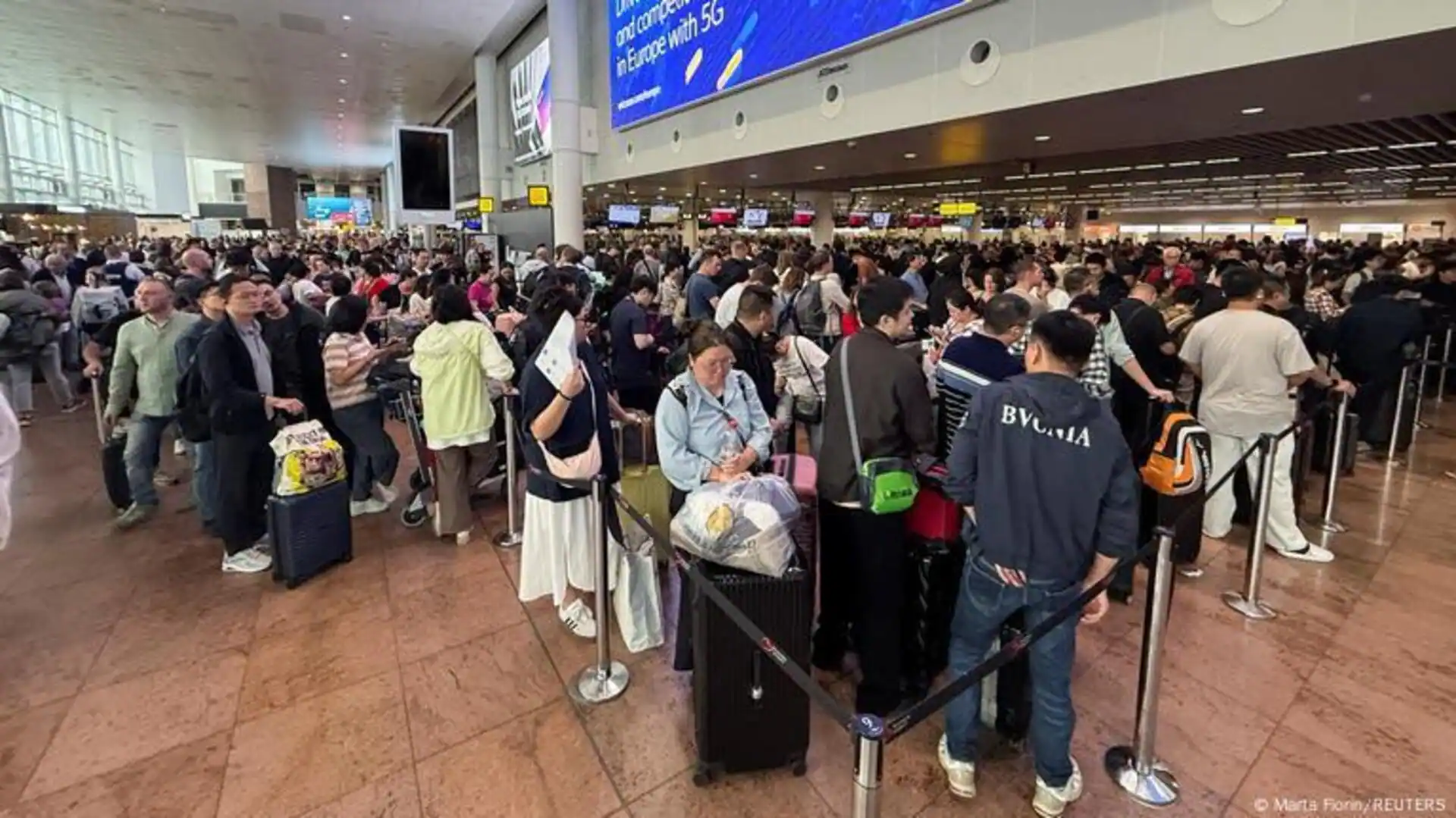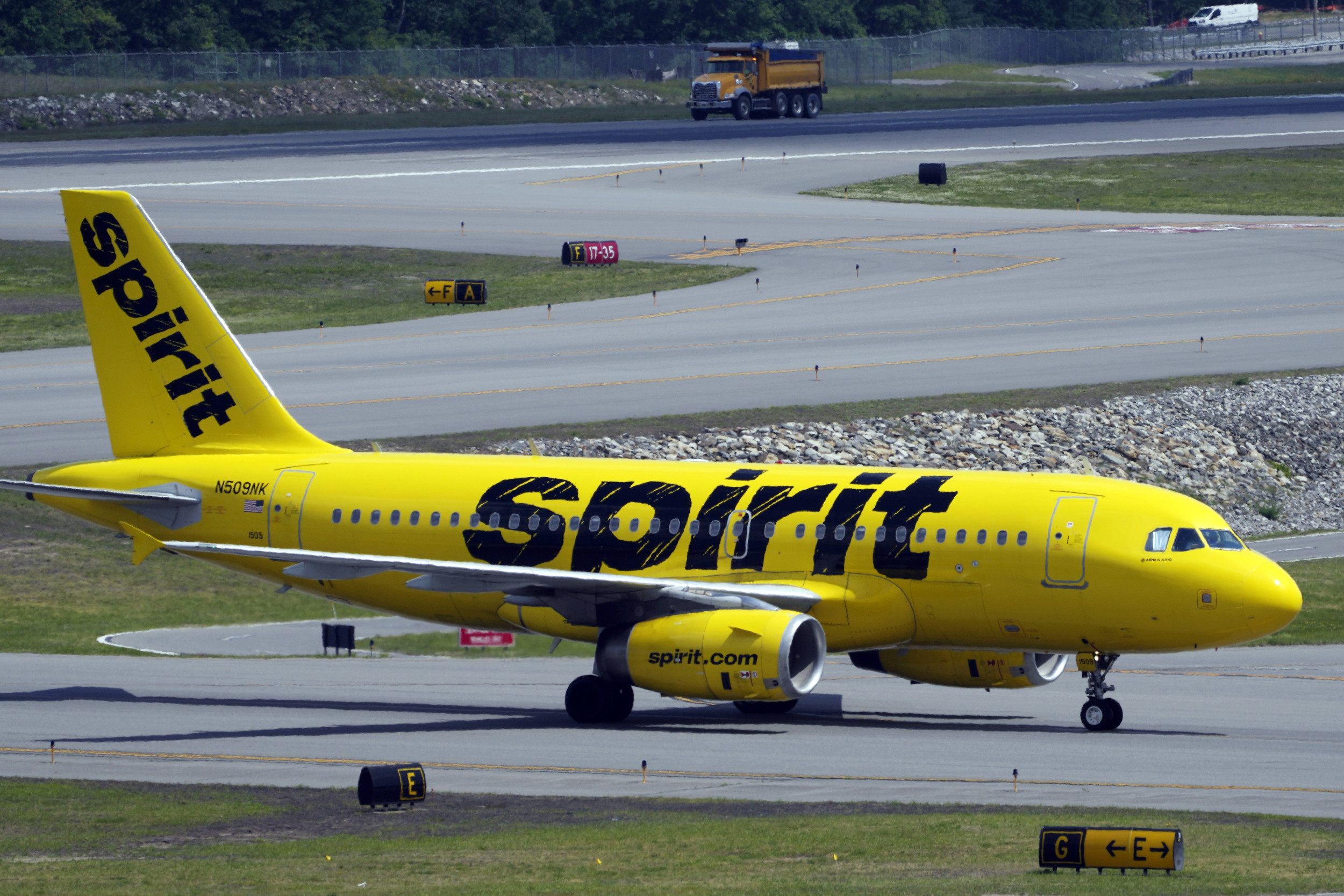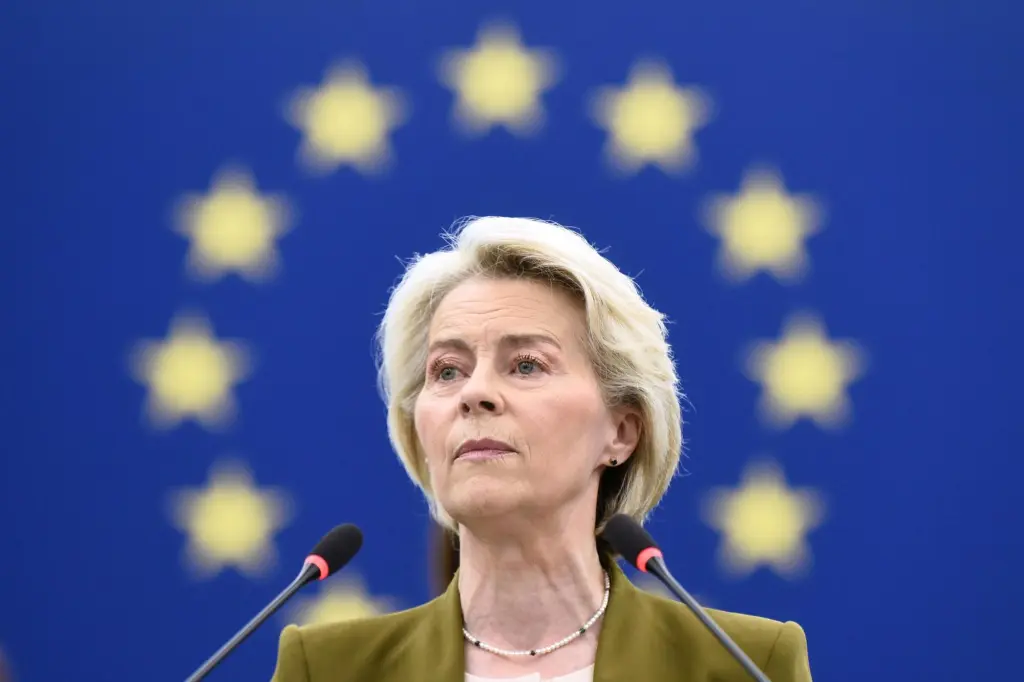
Senators are demanding answers from Big Tech companies accused of “filing thousands of H-1B skilled labor visa petitions after conducting mass layoffs of American employees.”
In letters sent to Amazon, Meta, Apple, Google, and Microsoft—among some of the largest sponsors of H-1B visas—Senators Chuck Grassley (R-Iowa) and Dick Durbin (D-Ill.) requested “information and data from each company regarding their recruitment and hiring practices, as well as any variation in salary and benefits between H-1B visa holders and American employees.”
The letters came shortly after Grassley sent a letter to Department of Homeland Security Secretary Kristi Noem requesting that DHS stop “issuing work authorizations to student visa holders.” According to Grassley, “foreign student work authorizations put America at risk of technological and corporate espionage,” in addition to allegedly “contributing to rising unemployment rates among college-educated Americans.”
If DHS refuses to stop authorizing the visas, Grassley requested a “detailed explanation of what legal authority DHS is relying on to issue these authorizations.” He suggested that the authorization violates a law intended to ensure that only highly skilled workers and top talents that can’t be found in the US are granted visas.
In the letters to tech firms, senators emphasized that the unemployment rate in America’s tech sector is “well above” the overall jobless rate.
Amazon perhaps faces the most scrutiny. US Citizenship and Immigration Services data showed that Amazon sponsored the most H-1B visas in 2024 at 14,000, compared to other criticized firms like Microsoft and Meta, which each sponsored 5,000, The Wall Street Journal reported. Senators alleged that Amazon blamed layoffs of “tens of thousands” on the “adoption of generative AI tools,” then hired more than 10,000 foreign H-1B employees in 2025.
The letter similarly called out Meta for its “year of efficiency,” laying off “a quarter of its workforce” between 2022 and 2023. Meta followed that with more layoffs impacting 3,500 employees in 2025, Senators noted, while receiving approval to hire more than 5,000 H-1B employees.
Senators also pushed Google to explain why it “laid off tens-of-thousands of employees in recent years” despite “enjoying record profits.”
“With all of the homegrown American talent relegated to the sidelines, we find it hard to believe that [you] cannot find qualified American tech workers to fill these positions,” senators scolded tech firms, demanding responses by October 10.
That’s the same deadline that Grassley gave Noem to respond about stopping student visa authorizations. If Noem agrees, that would likely also include cutting off “a pathway for students to work in the US for around 12 to 36 months immediately after completing their degree,” Hindustan Times reported, noting that students from India were likely to be most harmed by the proposed change.
Asked for comment on whether Noem would meet the deadline, DHS told Ars that “Congressional correspondence will be handled through official channels.”
Ars reached out to tech firms, but only Microsoft immediately responded, declining to comment.
Trump’s $100,000 H-1B visa fee spooks startups
On X, Grassley noted that the recent pressure campaign revives an effort to change H-1B visa approval processes that he and Durbin have worked to oppose since 2023.
Back then, the senators introduced the H-1B and L-1 Visa Reform Act, alleging that “for years” companies have “used legal loopholes to displace qualified American workers and replace them with foreign workers who are paid subpar wages and put in exploitative working conditions.”
That legislation sought to “put an end” to “abuses” by placing new wage requirements on employers and new education requirements, only approving visas for specialty occupations that required “a bachelor’s degree or higher.” If passed, employers risked fines for violating wage requirements.
But despite having bipartisan support and a stamp of approval from Bernie Sanders (I-Vt.)—who has long argued H-1B visas “replace American” workers “with cheaper international workers,” The Guardian noted—the bill died after being referred to the Committee on the Judiciary.
Now the White House is forcing changes after Donald Trump issued an executive order last week requiring all companies sponsoring new H-1B employees to pay a $100,000 fee to bring them into the US, which started Sunday.
Trump claimed the fee was necessary to stop the H-1B nonimmigrant visa program from being “deliberately exploited to replace, rather than supplement, American workers with lower-paid, lower-skilled labor.”
To support this, the order cited data showing that the number of “foreign STEM workers in the United States has more than doubled between 2000 and 2019, increasing from 1.2 million to almost 2.5 million, while overall STEM employment has only increased 44.5 percent during that time.”
Attacking the tech sector in particular, the order also noted that “the share of IT workers in the H-1B program grew from 32 percent” in 2003 to “an average of over 65 percent” in the last five years. According to Trump, tech firms are incentivized to “close their IT divisions, fire their American staff, and outsource IT jobs to lower-paid foreign workers,” due to “artificially lower labor costs” the H-1B program supposedly creates.
“American IT workers have reported they were forced to train the foreign workers who were taking their jobs and to sign nondisclosure agreements about this indignity as a condition of receiving any form of severance,” Trump’s order said. “This suggests H-1B visas are not being used to fill occupational shortages or obtain highly skilled workers who are unavailable in the United States.”
By imposing the $100,000 fee, Trump claims that companies will be forced to use the H-1B program the way “it was intended”—motivated to pay more for certain foreign workers in order “to fill jobs for which highly skilled and educated American workers are unavailable.” Speaking last Friday, Trump suggested that money collected from the fees would be used to “reduce taxes” and “reduce debt,” The Guardian reported.
The order also proposed a new weighted lottery system, where applications for visas for jobs with the highest wages would be more likely to be approved than lower-wage jobs. For some firms, changes to the system may feel personal, as The Guardian noted that Alphabet chief executive Sundar Pichai and Microsoft chief executive Satya Nadella “were at one point H-1B visa holders.”
Most tech companies haven’t commented directly on the order, with Netflix founder Reed Hastings standing out among the few voicing support for the change, while other firms internally warned workers to limit travel until companies understood how the process could impact existing H-1B employees. Since then, the White House has confirmed that only new applicants will be impacted by the changes.
Previously, tech firms only had to pay somewhere between $1,700 to $4,500, “depending on whether the visa was expedited,” The Guardian reported. Now facing a much larger fee to hire foreign talent, smaller tech firms have complained that Trump’s policy advantages Big Tech firms with deeper pockets, The New York Times reported. The fee may also deter companies from coming into the US, the Times reported.
Some believe that Trump’s policy is short-sighted, with startups particularly panicked. While Big Tech firms can afford to pay the fees, the US risks falling behind in innovation and tech leadership, critics told The Times, as “Silicon Valley relies on a steady stream of start-ups to advance new ideas and technologies.”



